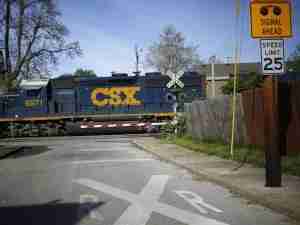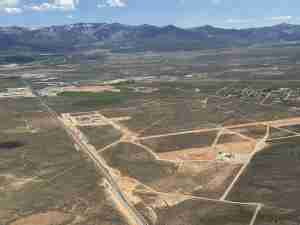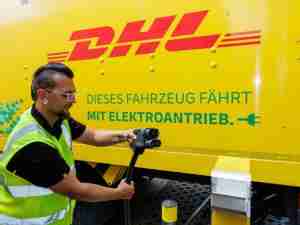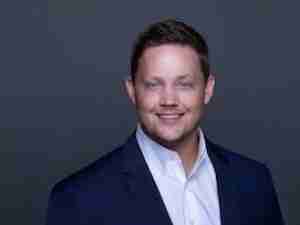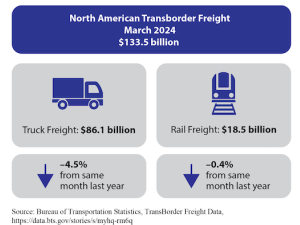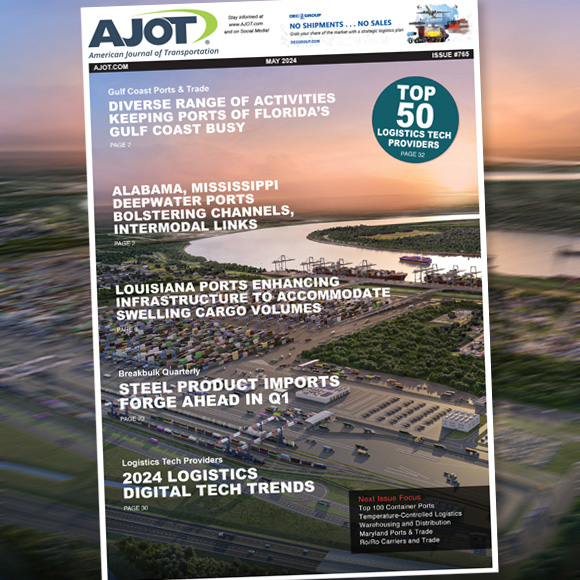Washington, D.C. - The Ocean Carrier Equipment Management Association (“OCEMA”) has published a Best Practice to address issues identified by the Federal Maritime Commission (FMC) in its interim report on Fact Finding Investigation No. 28, “Conditions and Practices Relating to Detention, Demurrage, and Free Time in International Oceanborne Commerce.”
The Best Practice, which was unanimously approved by senior executives of the ocean carrier members of OCEMA, calls for clear, simple, and accessible dispute resolution processes for detention and demurrage charges. The Best Practice is available at http://www.ocema.org/BestPractices.html.
“As noted previously by Commissioner Dye during her investigation, it is an enormous challenge to develop industry‐wide practices for demurrage and detention. OCEMA’s goal was to take a practical approach to the way the dispute resolution process information is provided to shippers,” stated Jeffrey Lawrence, OCEMA’s Executive Director, “This is an ongoing process. The carriers will review their individual detention and demurrage dispute resolution systems based on the Best Practice. OCEMA and its members are committed to improving communications processes regarding detention and demurrage.”
Under the Best Practice, OCEMA lines would individually identify points of contact for disputes, describe the type of information required to dispute a claim, and set timelines in their detention and demurrage rules for receiving and responding to disputes. In addition, the Best Practice recommends that, once individual lines finalize their processes, they make their dispute resolution processes more accessible by posting links on OCEMA’s website.
“We believe this Best Practice is a significant first step in addressing the issues raised by Commissioner Dye’s report, as it should provide a detention and demurrage framework for the great majority of U.S. international ocean container cargoes. We look forward to working with the Commission and the FMC’s Innovation Teams on ways to further improve transportation processes, “ said Mr. Lawrence.
